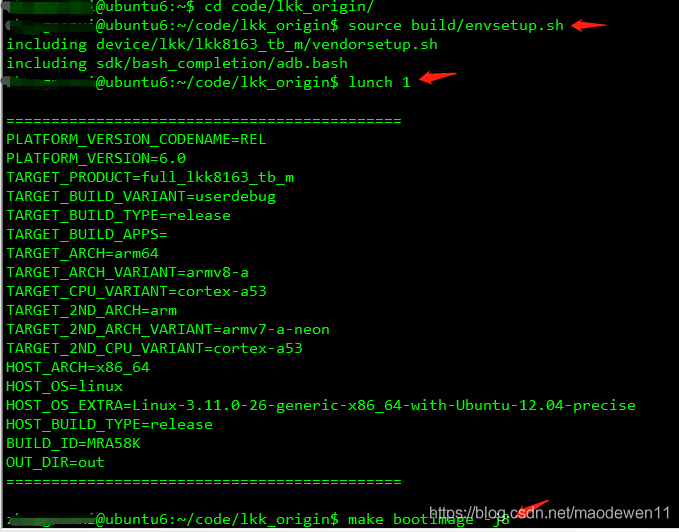MTK开发之—为上层提供简易操作文件
背景
在实际开发中,底层驱动往往要暴露一些接口供上层应用,比如需要上层对一个gpio进行操作,应用层没办法直接去控制gpio,只能通过驱动层来间接调用,方式有很多,可以将gpio封装到一个字符设备中,或者直接用misc类注册等等,因linux下一切皆文件,我们也可以在驱动层将gpio封装成文件,让应用层操作文件方式来操作gpio;
想必做过mcu开发的朋友对AT指令不陌生,AT指令后面加 ‘?’ 号表示查询,加 ‘=’ 表示设置,同样的,在应用层或者adb下,我们可以通过cat与echo对一个文件进行读写,非常方便上层应用进行操作,所以本篇是为上层提供这样一个可以这样方便操作文件的方法,并且驱动代码尽量精简,方便模板化使用!
添加设备节点
驱动中设备树是常用的,要使用一个gpio,首先要在设备树中添加相应节点,如下所示:
可以将该内容放到根节点下,就描述了下属性为"misc,ctrl",和一个gpio的引脚信息
&misc {
compatible = "misc,ctrl";
boot-gpio = <&pio 28 0>;
};
驱动代码
#include 编译验证
source build/envsetup.sh
lunch 项目选项
make bootimage -j8
adb shell
因为我们创建了class,所以如果正常的话在/sys/class下会有我们所创建的文件
cd /sys/class
gpio_class就是我们通过class_create创建的类,gpio-ctrl是我们通过device_create创建的设备,而其下的其它文件则是sysfs_create_file函数创建的,而我们提供给应用层的boot文件也在其中,如下:
ls -l
//驱动中如下这条语句就设置了权限,可读可写可执行
static DEVICE_ATTR(boot, S_IRWXU | S_IRWXUGO, boot_show, boot_store);
可以看到各文件的详细信息,包括所有者权限,注意到了没有
cat boot时会调用boot_show函数
echo x > boot时会调用boot_store
如下所示,读写都正常.

